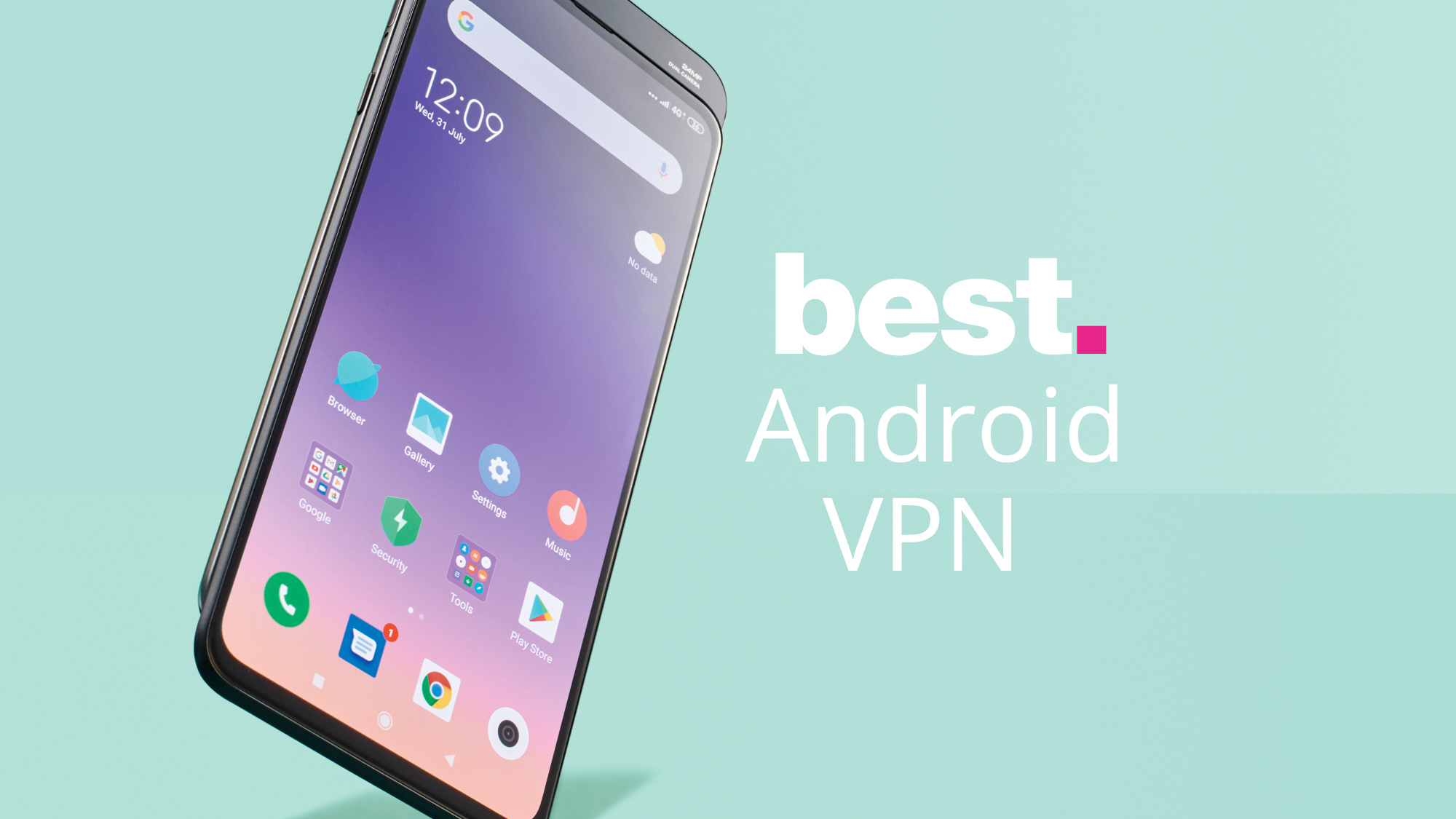
In today’s digital age, where online privacy is becoming increasingly vital, VPNs have emerged as essential tools for safeguarding our data and ensuring secure internet browsing. Short for Virtual Private Network, a VPN creates a secure and encrypted connection between your device and the internet, offering a shield of protection against potential cyber threats and intrusions. With the ability to mask your IP address and location, VPNs not only enhance your online security but also grant you the freedom to access geo-blocked content and browse the web anonymously.
How VPN Works
When you connect to a VPN service, your device creates a secure and encrypted connection to the VPN server. This means that all the data transmitted between your device and the server is encrypted, making it difficult for anyone else to intercept or access your online activities.
The VPN server then acts as a middleman between your device and the internet. It assigns you a new IP address, which can help mask your actual location and identity. This allows you to browse the web anonymously and access geo-blocked content from anywhere in the world.
By using a VPN, you can enhance your online privacy and security. Your internet traffic is routed through the VPN server, making it more difficult for hackers, ISPs, or government agencies to monitor your online activities. Additionally, VPNs are useful for accessing public Wi-Fi networks securely and bypassing internet censorship.
Benefits of Using VPN
When using a VPN, your online activities are encrypted and secured, ensuring your sensitive information remains private and protected from potential cyber threats. This added layer of security is especially crucial when accessing public Wi-Fi networks, as VPNs shield your data from potential hackers lurking on the same network.
Another key benefit of using a VPN is the ability to bypass geographical restrictions and access content that may be restricted in your region. By connecting to servers in different locations around the world, VPN users can enjoy a more open and unrestricted online experience, accessing websites and services that may be otherwise unavailable in their country.
Furthermore, VPNs help maintain anonymity online by masking your IP address and location. This not only enhances your privacy but also allows you to browse the web without being tracked by advertisers or other third parties seeking to collect your personal data for targeted marketing purposes.
Choosing the Right VPN
When selecting a VPN, it’s crucial to consider your specific needs and priorities. One important factor to keep in mind is the level of security provided by the VPN service. Look for features such as strong encryption protocols, a no-logs policy, and a kill switch to ensure your online activities remain private and protected.
Another point to consider is the server network of the VPN provider. A larger server network can offer more options for accessing geo-restricted content and better overall performance. Additionally, check where the servers are located to ensure there are servers in the regions you most frequently connect to.
Lastly, take into account the user-friendliness of the VPN interface. A user-friendly interface can make it easier to navigate the VPN settings, connect to servers, and customize your preferences. Look for VPN services that offer simple and intuitive apps across various devices for a seamless experience.